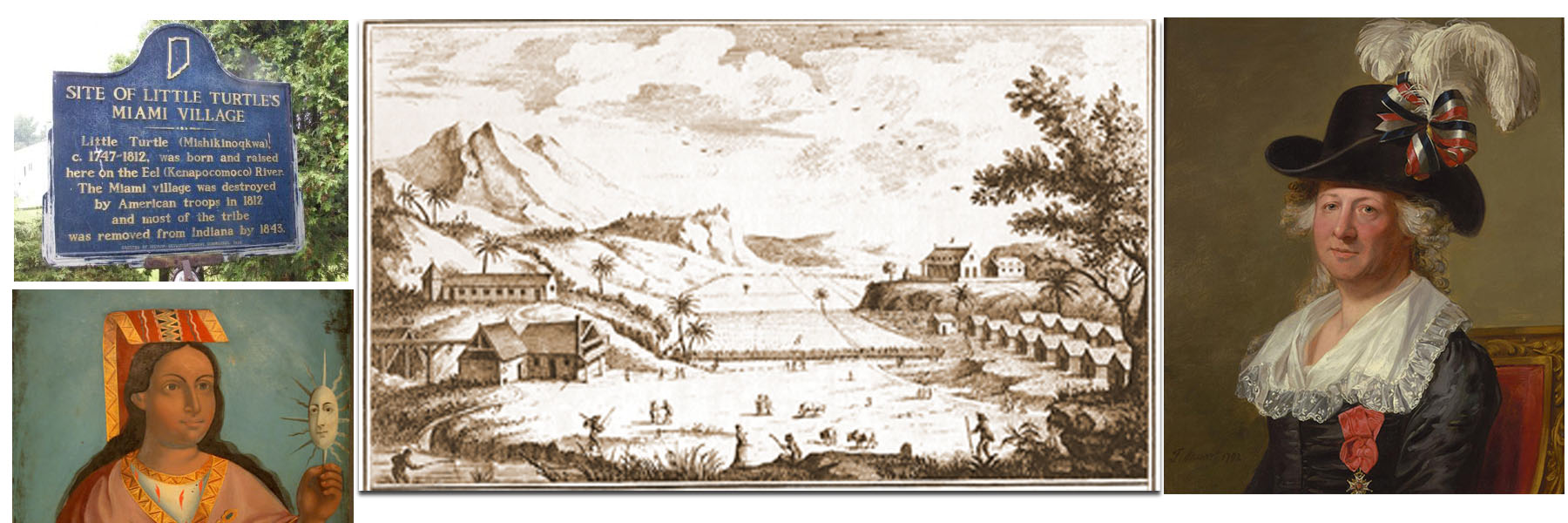Eighteenth-Century Studies must no longer be Whiggish
The Center for Eighteenth-Century Studies at Indiana University is committed to building and maintaining an inclusive community where all feel welcome and valued regardless of academic rank, social class, age, ethnicity, race, color, national origin, citizenship status, religion, gender, sexuality, health, or disabilities. As an interdisciplinary hub, the Center exists to:
- encourage dialogue across the divisions created by university departments;
- build awareness of unconscious disciplinary assumptions; and
- foster appreciation for diverse epistemologies, genres, and research strategies.
Eighteenth-Century Studies in the United States has long been dedicated (at least in theory) to disciplinary diversity but it also has had a long tradition of prioritizing European elite culture and focusing on canonical works almost universally produced by highly educated, white, heterosexual, men. Our field’s notional “globalization” in the late 1990s and early 2000s was salutary at the time but it may also have made it too easy to ignore and even conceal real power differentials at work both in eighteenth-century geopolitics and in the academy today. We hence recognize and remind ourselves that
- new insights can also bring blindspots;
- wisdom, revolution, and community are always on-going processes, never static states.
Focused on “rights” discourse, the “rise” of the novel, the development of revolutionary popular politics, and the growth of consumer society, Eighteenth-Century Studies for decades told a generally optimistic story about modernity. Eighteenth-Century Studies must no longer be Whiggish. Our affiliates know and teach that the 1700s were a period of near constant warfare, expanding imperial ambitions and colonial claims, and the tragic peak of the transatlantic slave trade. European population growth, the increased use of fossil fuels, the enclosure of the commons, and the invention of the steam engine hastened our transition into the Anthropocene. The Center for Eighteenth-Century Studies invites all scholars and students to join in researching and responding to the political, social, economic, cultural, and environmental legacies—both positive and negative—of this watershed era.


